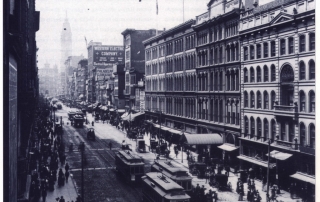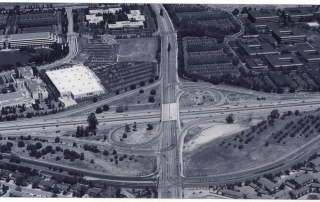Cars for the Poor
Katherine M. O'Regan and
John Quigley
Between 1970 and 1990 the percentage of white workers with central city jobs declined by more than half, from 50 to 20 percent, and the percentage of black workers with central city jobs declined from 61 to 37 percent. The decentralization of residences was even more dramatic. The proportion of white workers living in the central cities of US metropolitan areas declined by 29 percentage points, while the proportion of black workers declined by 42 percentage points. By 1990, only about one out of eight white urban workers was living in a central city.



